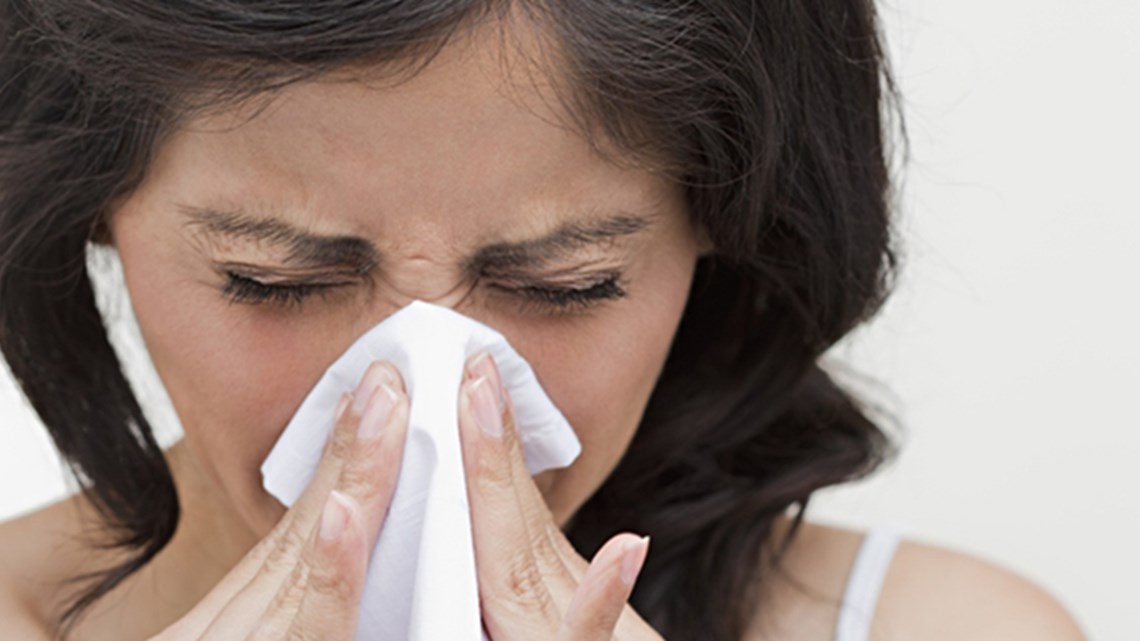Influenza in India: Causes, Symptoms & Prevention
When is Cold Season: Understanding the Timing and Duration of Winter
The common cold season typically refers to that time of the year when cold viruses are most prevalent, and there is a higher risk of cold and flu infection. People can catch a cold all year round but are more likely to catch one during the cold season. So, when is the cold season in India?
There are two peak influenza seasons in India each year: one from January to March and the other in the post-monsoon season.
Colder temperatures, drier air, and decreased humidity typically characterise winter months. This can dry out the nasal passage, making spreading the cold viruses easier. Also, during the chilly winters, people prefer to stay indoors, thus increasing contact with people who may be infected with a cold virus. As a result, winter months are also known as the common cold season.
It is essential to identify the peak flu season months to prevent disease outbreaks in the community. Also, you can take necessary precautions well before time to reduce the risk of catching a cold.
Understanding Cold and Flu
Both cold and flu are common respiratory diseases that cause similar symptoms. But they have quite a few differences.
What is the common cold?
The common cold is caused by a group of viruses known as rhinoviruses. The common symptoms are – a stuffy nose, sore throat, cough and mild fever. The symptoms are less severe than the flu; most people recover within a week. Check out more information on the common cold and flu.
What is flu?
Flu is caused by the influenza virus and is divided into three types – A, B and C. The seasonal outbreaks of flu are caused by influenza A and B viruses. However, the virus constantly changes with every cold season, so a new flu vaccine is administered yearly to target the most prevalent strains. The symptoms of the flu are similar to that of the common cold, but they can be more severe and include fever, sore throat, chills, muscle aches and fatigue. The symptoms of the flu can last for a few weeks too. Click here for more information on influenza.
Staying Healthy During Cold and Flu Season
The risk of catching a cold and flu is very high. It may spread from person to person through the infected respiratory droplets released into the air or on surfaces. Being close to an infected person may also lead to infection. You can minimise the spread of cold and flu during the cold season by following specific steps for prevention.
There is no denying the fact that good hygiene practices and a strong immunity work in your favour during the flu season. A healthy body has a more robust immune system and is better off at fighting against infections. The following steps must be undertaken to stay healthy during the cold and flu season months:
- A flu vaccine each year is a highly effective way to stay protected from the flu virus.
- Regular hand washing with Dettol liquid handwashis essential to prevent the spread of germs. It would help if you covered the nose and mouth with a tissue or napkin when sneezing or coughing to prevent the spread of droplets. While travelling, keep sanitising your hands with Dettol hand sanitiser.
- Try and stay away from people who are sick. Stay home to avoid spreading the illness to others if you're sick.
- Properly wash the fruits and vegetables before consuming them. Eat fresh, nutritious food and drink plenty of water to boost the immune system.
- Maintain a healthy lifestyle and get enough sleep. You should also exercise regularly and eat a balanced diet.
- Disinfecting surfaces with Dettol Antiseptic Liquid or Dettol Disinfectant Spray is also crucial to prevent the spread of germs. High-touch surfaces such as doorknobs, light switches, and counter-tops should be cleaned and disinfected regularly, especially in public areas.
Conclusion
Following good hygiene practices, maintaining healthy daily habits, and disinfecting surfaces are all important ways of preventing germs from spreading and keeping ourselves and others safe during the cold and flu season. By doing our part and staying vigilant, we can help reduce the spread of illnesses and keep our communities healthier and safer.

